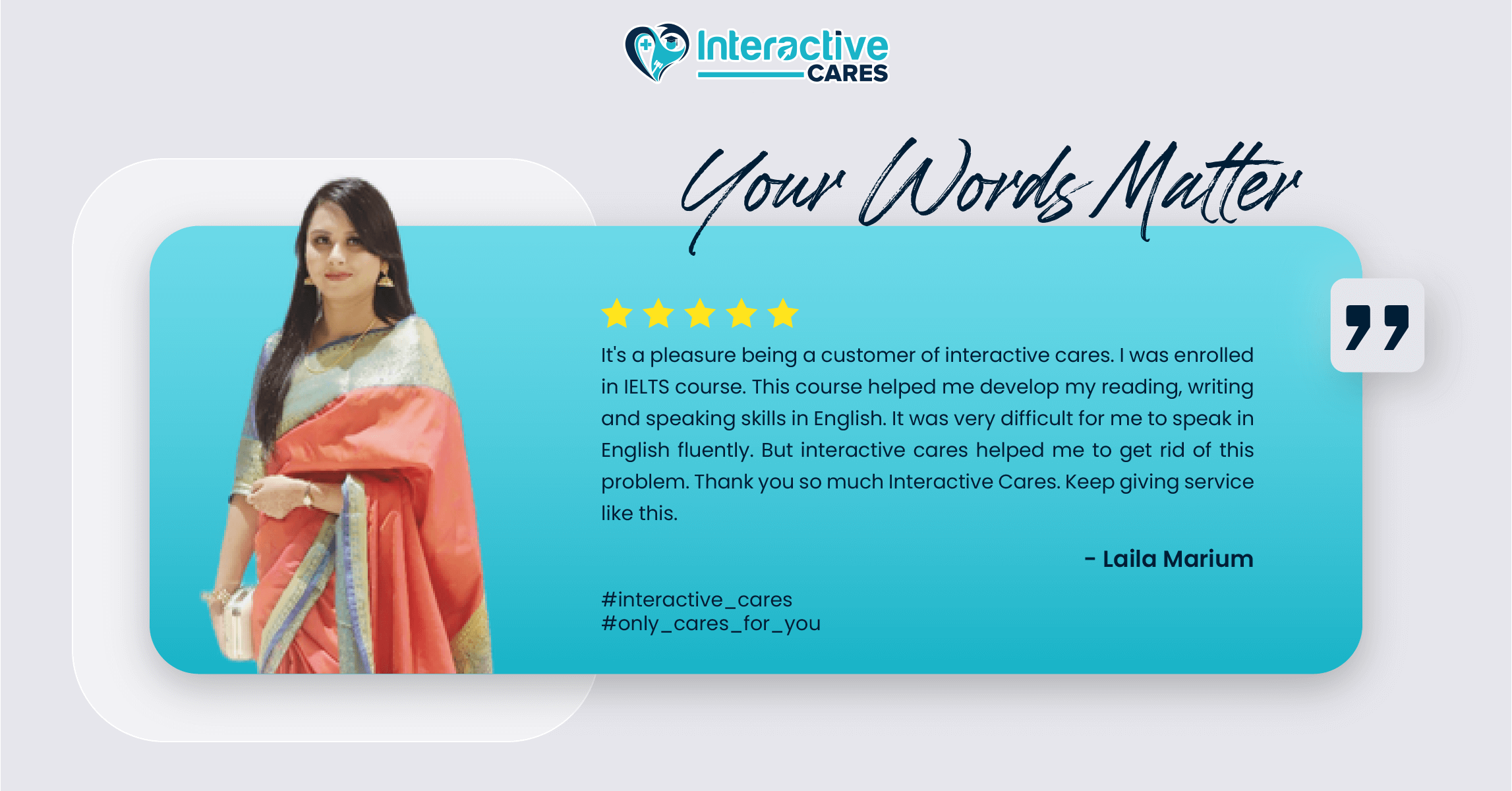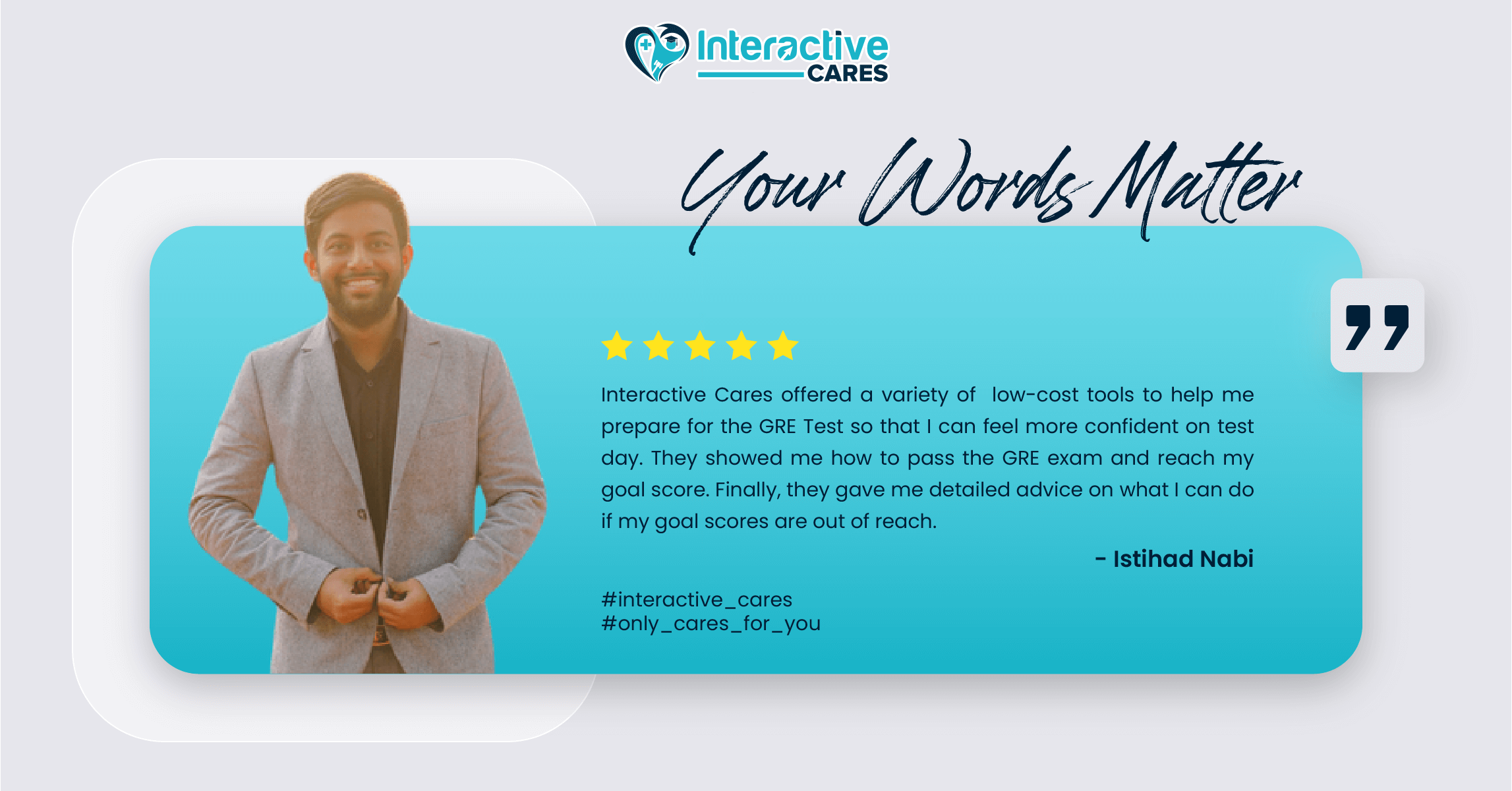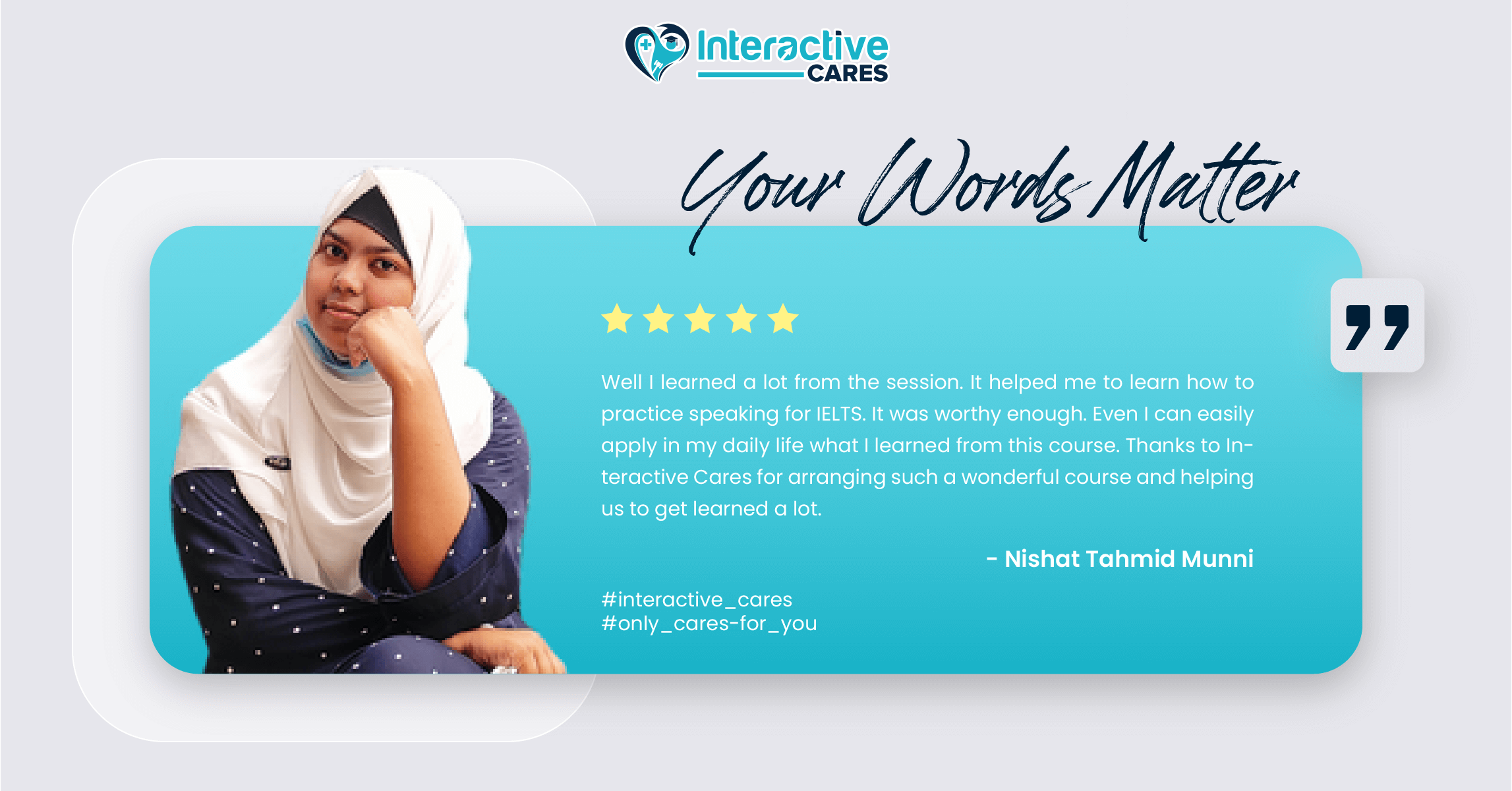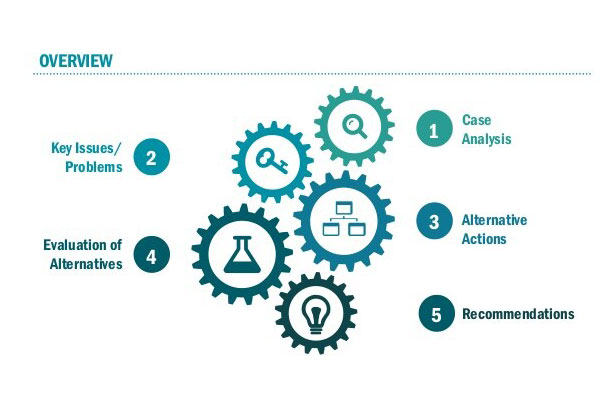Select Your Favourite
Category And Start Learning.
Select Your Favourite Category & Start Learning.
ফুল স্ট্যাক ওয়েব ডেভেলপমেন্ট
ওয়েব ডেভেলপার হওয়ার স্বপ্ন এবার হবে পূরণ। সম্পূর্ণ ফ্রন্ট ও ব্যাক এন্ড ডেভেলপমেন্ট শেখা হবে শূন্য থেকেই
দিন
ঘন্টা
মিনিট
সেকেন্ড





Professional Instructors
5/5
Join the team of professional instructors today!
companies we are partnering
















































Previous
Next
Student Feedback






Previous
Next
Subscribe To Us
Subscribe to our newsletter
Supported By
Interactive Cares is Country’s one of the most prominent virtual platforms for providing academic, career & skill development and cultural flourishment through events, campaigns, courses, master classes, and real-time communication.
Join Our Newsletter List

Sign Up
Already have an account? Sign In
Cart
Cart0




































